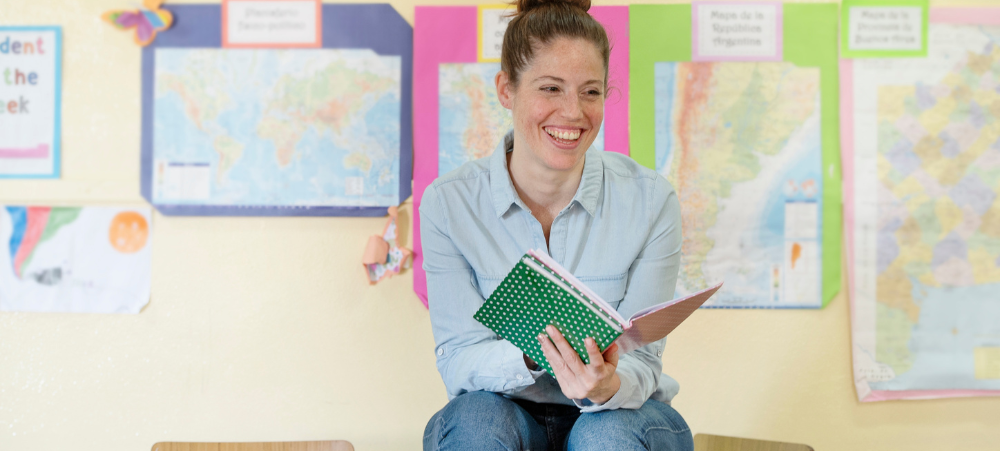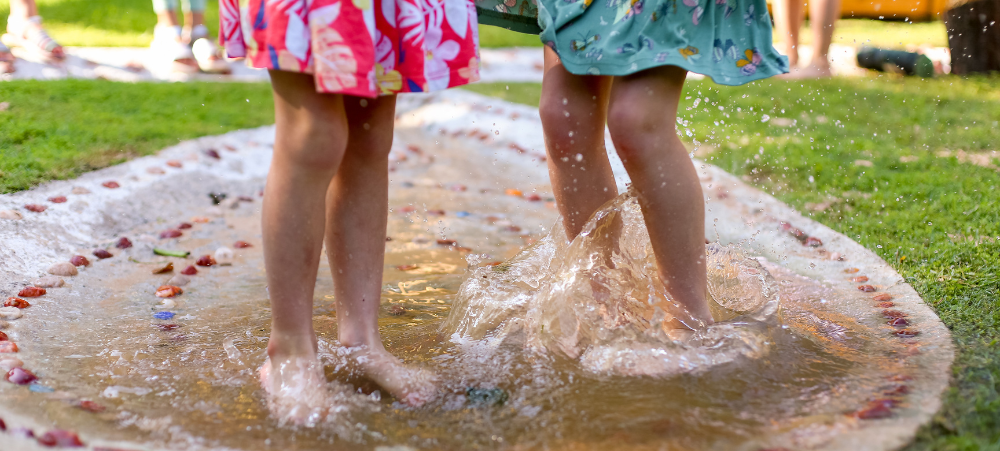I recently attended a fascinating lecture by Suzy Styles, who is a professor of Psychology and Linguistics at the Nanyang Technological University in Singapore. Her research is all around how language modulates brain development, shapes sensation and co-creates our conscious experiences. There were a number of things she discussed that are fundamental bits of wisdom for parents and educators to be aware of.
Babies’ sensory systems are already in place before birth, and by the time the baby is born they have already been primed for the kind of auditory world they are going to emerge into including large amounts of information about their native language. Babies at birth can already recognize a story that has been told to them in the womb, can tell the difference between different languages and can recognize their mother’s voice. The sounds that they hear in the womb and in early life are literally changing the structure of their brains as they make new connections.
Prem babies often have difficulty with language later on. This is due to the nature of the sounds that they are hearing outside of the womb when they should still be in it… The sound of the mother’s voice and heartbeat are replaced by aircons and ICU noises and unfiltered speech. Prem babies need to have the sounds of the womb simulated in order to have optimal auditory development.
When we speak to babies we naturally hyperarticulate vowel sounds (we do this when we speak to foreigners and Siri too!). Babies LOVE this! It matches the way they are hearing at this developmental stage and is linked to faster hearing skills later on.
Even the toys that we give to children can make a difference to their language acquisition. For example, babies who have teething toys that get in the way of their tongues are unable to recognize sounds like “t” that use the tongue tip.
Between around 6-12 months babies lose the ability to distinguish sounds that they don’t hear regularly. For example, Japanese babies can no longer tell the difference between “ra” and “la”, and Spanish speakers can’t tell the difference between “ba” and “va”. This means that these early years are the optimal time for a baby to be exposed to another language.
However, babies only learn a new language (or even words in their own language) in interaction with real live people. Television and radio do not count, no matter how good the program they might be watching. The only time that babies learn from a recorded sound is when they are exposed to it together with an adult who discusses it with them or interacts with them and the show – using the TV or radio as a prop for interaction.
Up to six years old children still have some neural sensitivity to adapt to new languages.
The benefits of learning a second language go beyond just social convenience. Studies have shown that bilingual people (and only those who have learned their second language early in life) recover better from strokes and don’t show early symptoms of Alzheimers.
The more you talk to a baby and the more interactive and fun this is, the more their hearing is increased. Whenever emotion is involved in learning there is more consolidation of the learning.
Their studies show that children of professional class parents are exposed to around 30 million more words than a working class child by the time they reach school. And this directly correlates with school performance later on. Hearing more words has a protective effect against later learning disabilities.
It is not enough for the child to just be around chatty adults – the speech actually has to be directed at the child and needs to be fun. Even reading to a baby only makes a real difference if the reading is fun and interactive (NOT instructional). It needs to be like a game, for example making jokes that violate expectation. The book is more like a prop for some kind of linguistic interaction with the child. The more fun the experience, the more the language ‘sticks’.
Children are affected by our attitudes to learning and how much fun is involved at all ages. Children who are judged on what they say in class will disengage and have lower grades.
In terms of language development, the greatest predictors of whether children will do well in school are:
- Interaction. How much and how fun and how child-directed the experiences are.
- The number of words they are exposed to.
- Whether their caregivers use instructional speech (tie your shoe, put on your clothes, eat your food) or expanding type speech (ooh, I see you’re putting on your shoes. Those are the same shoes you wore yesterday. And the ones you nearly left at the beach last week. You love those shoes, don’t you? You would have missed them if we hadn’t found them…)
The core lesson for me that comes out of all this research is that we need to be present with our babies and children – engaging them in fun, interactive ways and exposing them to as much of our linguistic worlds as we are able.
KEY ACTION POINTS:
- Speak to your baby in utero. Sing to her, read to him, tell them what you’re thinking and feeling.
- If you have a multi-lingual family, have the other parent or grandparents chat to the child in a different language while they are still in the womb and beyond.
- If you want your baby to learn another language make sure they are exposed to it before 12 months old (or definitely before 6 years old) in fun, interactive ways with a caring adult.
- Prem babies can have improved language skills later on if you are able to simulate womb sounds in the hospital – filter the mother’s voice, expose the baby to a recording of her heartbeat, and cut out as many of the sounds of the hospital as possible. If this is done for at least 3 hours per day it will thicken the baby’s auditory cortex making them better able to process language later.
- Hyperarticulate vowels when you speak to babies. This is not goo goo gaa gaa baby talk – speak using real words and sentences, just emphasizing the vowels.
- Use teething toys that just go on the gums and don’t obstruct the tongue.
- Talk to your babies as much as possible, read to them, have fun with them. Have as many fun, playful interactions as possible.
- Don’t leave a baby watching TV or listening to the radio and think that they are learning anything (even if it is a great documentary!). If your little ones are going to watch TV, then watch with them and interact and discuss what you are seeing.
- Children should be encouraged to participate in class and have fun without the fear of judgement. This will help them to enjoy school and will increase both their engagement and their grades.
- Make sure your interactions with your baby are child-directed, that you expose them to as many words as possible, and that you use expanding type speech.
trained in both in traditional therapy, with a BA in Psychology and a certification in Trauma Counselling, and in various alternative therapies including Neuro Linguistic Programming, Life Coaching, Hypnotherapy, Stress Biofeedback, and Time Paradigm Techniques. For more information, please visit her Website for further information
- Questioning Questions: Why your child needs to ask ‘why’… - November 27, 2025
- How To Be Angry Without Destroying Your Kids’ Self-Confidence - November 19, 2025
- Why do children lie? - November 18, 2025





